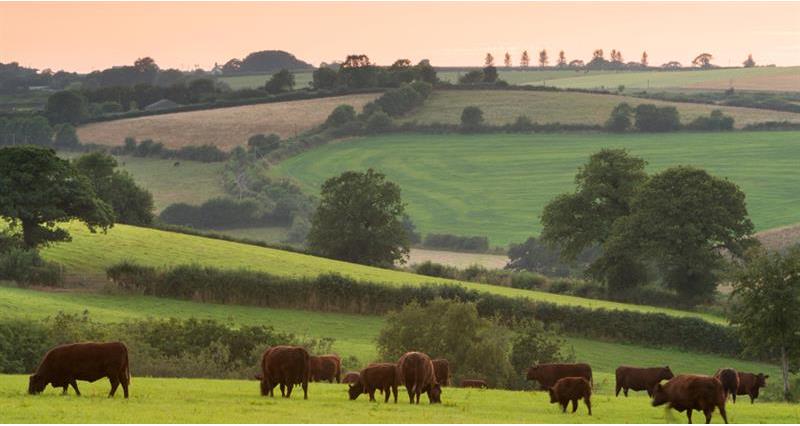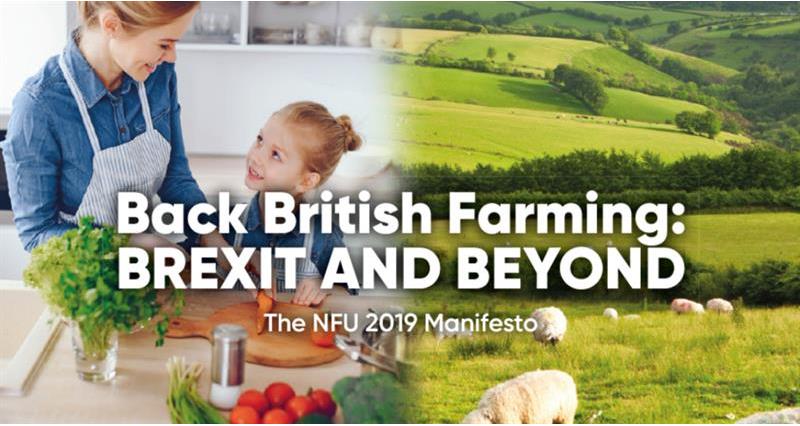A future domestic agriculture policy with food producers at its heart
The NFU has proposed a framework for our future domestic agricultural policy formed of three distinct but inter-connected parts: firstly, a comprehensive productivity programme that improves agricultural efficiency and helps farmers produce more from less; secondly, assistance for farmers in managing risk and volatility and in maintaining stability in domestic food production; and thirdly, a system for rewarding and incentivising farmers in undertaking environmental protection and improvement, in delivering public goods and in maintaining the high levels of animal welfare in our production systems.
Importantly, the emphasis of government investment across each of these areas will depend on the wider impact of Brexit – in particular, if Brexit is implemented in a way that damages the commercial viability of our farming industry, the government must ensure that support measures to help farm businesses manage the associated financial loss and volatility are in place and adequately funded, including by way of maintaining a system of direct payments as long as necessary.
A commitment to invest in and support British farming over the long-term
To deliver the three cornerstones of our future agriculture policy, the government must commit to a sufficient multi-annual farm budget, providing certainty for farm businesses to invest in their future.
Government must maintain existing levels of investment in farming over the next Parliament at the current cash levels currently delivered under both pillars of the CAP. Farm businesses invest long-term, so an abrupt cliff-edge to long established policies and income streams must be avoided with Government providing sufficient time for new policies to be agreed and implemented.
This will provide the certainty and continuity for our farmers to produce more of the food the British public eats and to continue to look after our cherished countryside to the high standards the British public expects.
This budgetary commitment must be accompanied by a fiscal framework which encourages investment and assists businesses navigate a new trading and support environment outside the EU, including a capital allowances regime which offers incentives for that investment.
Supply chain fairness
In order to ensure the principles of fair trading are inherent across the groceries market, we wish to extend the remit of the Groceries Supply Code of Practice (GSCOP) to include more retailers (such as online) and food service businesses, with ornamental crops included within the definition of “groceries”. By making the principles of the agri-voluntary codes mandatory and subject to oversight by an independent adjudicator this will give farmers the same levels of protection that apply to the food processing and manufacturing industry which sells direct to retailers.
Read about the other key policy challenges:
- Navigating Brexit for British farming
- Building a thriving countryside and rural communities
- Securing a long-term government food strategy
- Placing science at the heart of policy making
NFU members: Here's how you can get involved
Our Member Toolkit has host of useful information, links and tools which can help you, as an NFU member, lobby your local MP post-election on the issues that matter to you and your farming business.? Get the vital information on how to lobby your MP here (members only, you will need to login, click here to get a new password).

